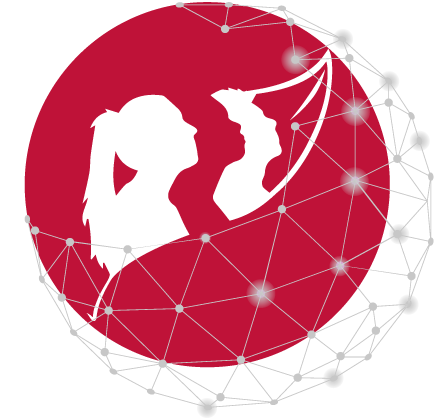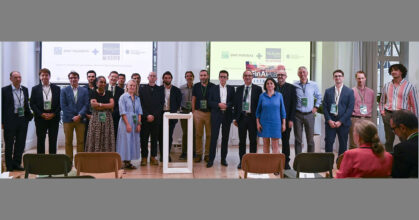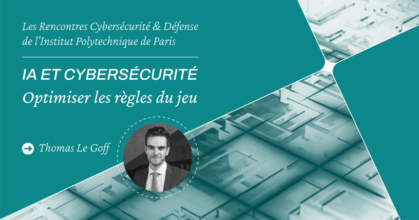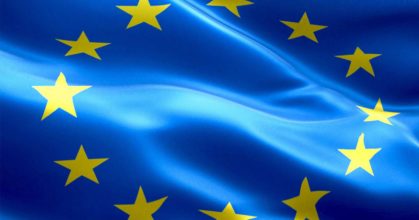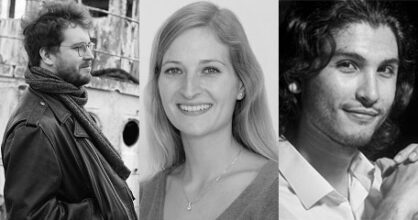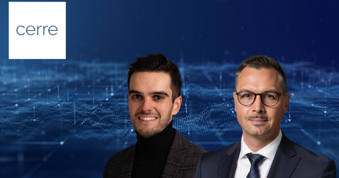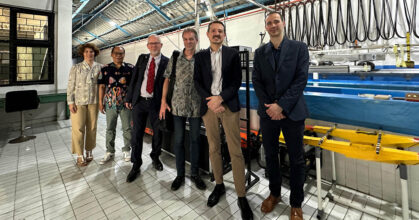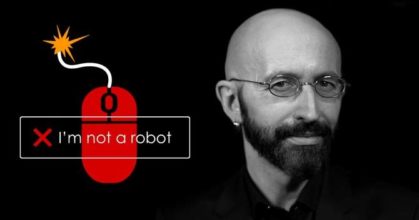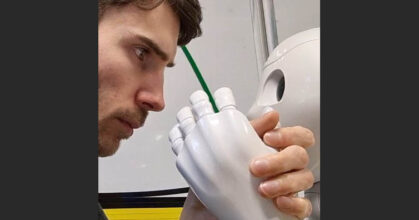The Economics and social sciences department studies the social and economic transformations brought about by digital technology. It belongs to the i3 research laboratory (Interdisciplinary Institute of Innovation, CNRS UMR 9217) and CREST (Center for Research in Economics and Statistics, research unit CNRS 9194). The department has around 110 staff members, including 35 research professors, around 30 associate professors and 40 postdocs and PhD students, as well as five administrative staff members.
There are three teams in The Economics and Social Sciences Department:
The Economics and social sciences department is made up of researchers from various fields of human, economic and social sciences: Sociology, Economics, Management Sciences, Ergonomics, Design, Psychosociology, Law.
The research activities are held within the Interdisciplinary Institute for Innovation (i3), CNRS Mixed Research Unit 9217. They are organized into four main axes.
- Uses, participation, democratisation of innovation
- Theory and models for design
- Regulations of innovation
- Transformations of innovative firms
News

FinAI-Lab, joint lab with BNP Paribas about Financial AI
Data Science & AI, Digital Economy — 03/12/2025This new lab helps address key challenges faced by large financial institutions when deploying AI at [...]
AI and cybersecurity: optimizing the rules of the game
Digital Trust, Data Science & AI, Faculty Members — 06/10/2025Thomas Le Goff: AI and cybersecurity are also a matter of regulation, with consequences for [...]
A new policy report on the regulation of data centres in Europe
Digital Economy, Faculty Members — 03/10/2025Over the past 6 months, Thomas Le Goff et al. worked with the Centre on Regulation in Europe (CERRE) [...]
IP Paris Best Thesis Awards: three PhD students honoured
PhD — 11/07/2025Clément Le Ludec (i3/SES) ic co-recipient of the IP Paris Best Thesis Award, Raphaela Andres (CREST/SES) and Abdelaziz Bounhar [...]
EU policy on data centers' integration in electricity grids
Digital Economy, Faculty Members — 22/04/2025Thomas Le Goff works with the Center on Regulation in Europe (CERRE), a Brussels-based think tank which [...]
Télécom Paris strengthens its ties with Indonesia
International Partnerships — 07/03/2025Télécom Paris traveled to Indonesia in Jan. 2025 alongside ENSTA and Naval Group, the sponsor of the 2023 graduating [...]
Waiting for Robots: The Hired Hands of Automation
Data Science & AI, Digital Economy, Faculty Members — 09/01/2025Antonio A. Casilli announces the release of his new book: this updated and expanded English [...]
[Ideas] Human-machine interaction in ChatGPT era
PhD, Data Science & AI, Design interaction perception — 20/12/2024Damien Rudaz: Are robots emerging as social agents?
(Un)Artificial Intelligence: Workers Behind the Machine
Digital Trust, Data Science & AI — 18/11/2024This groundbreaking workshop aims to connect the humans who make AI systems possible with the individuals [...]
Indoor and Outdoor Spatial Computing: an awarded project
Design interaction perception, Faculty Members — 16/10/2024The joint project "In-and-Out" between Panos Mavros, Télécom Paris, and Jakub Krukar, [...]
Events
- Pas d’évènements prévus actuellement.No events currently scheduled.
